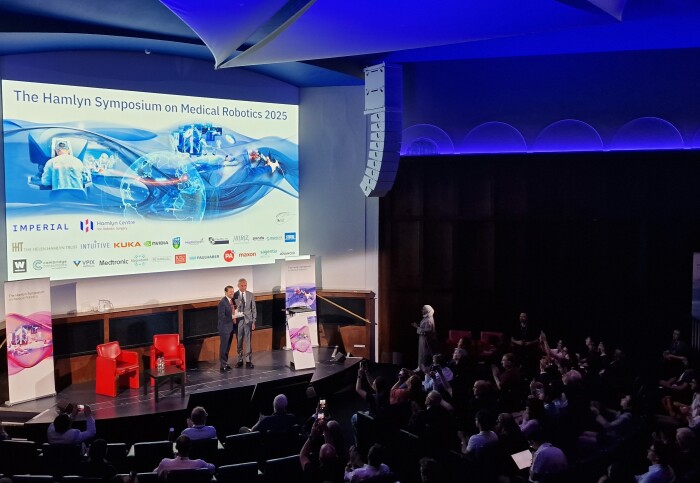Not all researchers wear white coats!
A huge variety of people at Imperial, from different disciplines, are tackling the global threat of infection, be it the people in white coats, who are using biology to understand the fundamentals of infection (how infection makes us sick and how our bodies fight disease) to the chemists who are developing new drugs and the material scientists such as those who coming up with cool new ways to deliver drugs, for example using nanoparticles.
There’s also people working directly with patients, for example on clinical trials, who test those drugs and potentially bring them closer to reality.
And not all research takes place on the University or hospital campus: many of our researchers are working across the globe, trying to tackle critical diseases that particularly affect lower and middle income countries, and how to do this in settings where resources and access to healthcare are limited.
There’s also space for all types of engineers, from the electronic engineers developing new tools to diagnose disease to the chemical engineers figuring out how we can make vaccines at a global scale, for example if/when the next pandemic hits.
And then there’s people who use maths, modelling, artificial intelligence and data along with an understanding of public health who look at infection on a population scale, for example, Understanding or predicting how and why diseases spreads or identifying what kind of interventions might work, particularly when considered in the context of things like human behaviour, effects on economy, and national and global politics and policy.
Finally, there are people who literally are working out in the field, for example people who study mosquitos in order to tackle malaria and dengue. Interestingly, this research also includes looking at the impacts of climate change on behaviour and disease.
In short, no matter what your interests, your skills, or where you picture yourself working – in a wet lab, an electronics, lab, out in the field, elsewhere in the globe, or leveraging data using a computer – there are huge opportunities for you to make a difference and contribute to how we understand disease, treat people, policy, and moreover, tackle the global threat of infection.
